The Community Spaces Powering Nigeria’s Creative Future
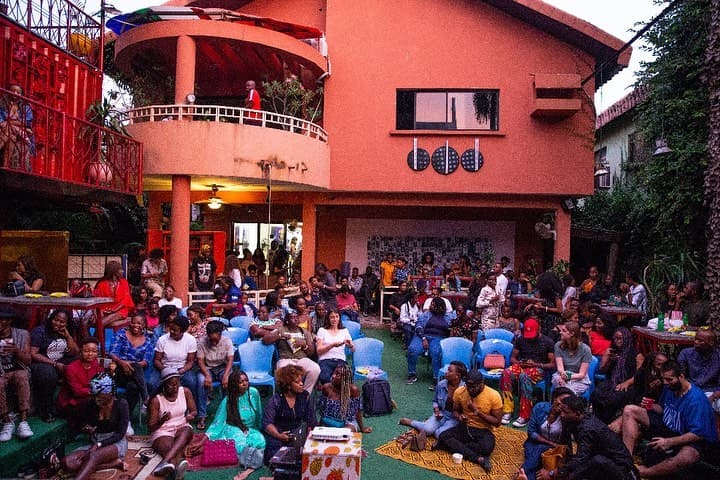
"With over 60% of Nigeria’s population under 25, Lagos is fast becoming Africa’s creative pressure cooker. But while mainstream platforms spotlight only a few, grassroots spaces like Waf.Skatepark, Woke Up Lagos, The African Artists’ Foundation (AAF), The Hive, and dozens of pop-up art collectives are quietly empowering thousands..."
Lagos is emerging as the heartbeat of Africa's creative revolution. With over 60% of Nigeria’s population under 25, the city is fast becoming a creative pressure cooker where art, music, film, and fashion collide in unorthodox spaces. Unlike the mainstream, these venues are not just galleries or theatres, but pop-up exhibitions, warehouse parties, rooftop concerts, and underground film screenings. These hubs, often hidden away from the public eye, are where the true magic happens — where emerging artists push boundaries and define the next wave of Nigerian culture.
The Rise of Non-Traditional Spaces
While high-profile events and glamorous showcases often dominate Lagos’ arts scene, a quieter, more vibrant underground movement that is catching the attention of the world. These spaces, such as Waf skatepark, The African Artists’ Foundation, and The Art Twenty One, are fostering a new generation of creatives who are not bound by traditional methods of expression. Here, designers, filmmakers, musicians, photographers, and chefs are collaborating in unexpected ways, creating innovative work that speaks to the pulse of a young Nigeria.
A Youth-Driven Creative Movement
In 2024, the rise of these creative spaces and the increased frequency of youth-led events have become part of the fabric of Lagos’ cultural landscape. According to recent data, there’s been a 27% increase in youth-led events, reflecting the growing demand for alternative spaces where creativity is nurtured outside of traditional institutions. These platforms offer young creators the opportunity to own their craft, not just perform for the industry elite.
Waf.Skatepark: The Pulse of Street Culture
Tucked into the energetic heart of Lagos, Waf.Skatepark is more than just ramps and rails — it's a melting pot of self-expression. Here, skaters glide past graffiti-tagged walls, dancers freestyle to Naija beats, and visual artists use the space as their canvas.
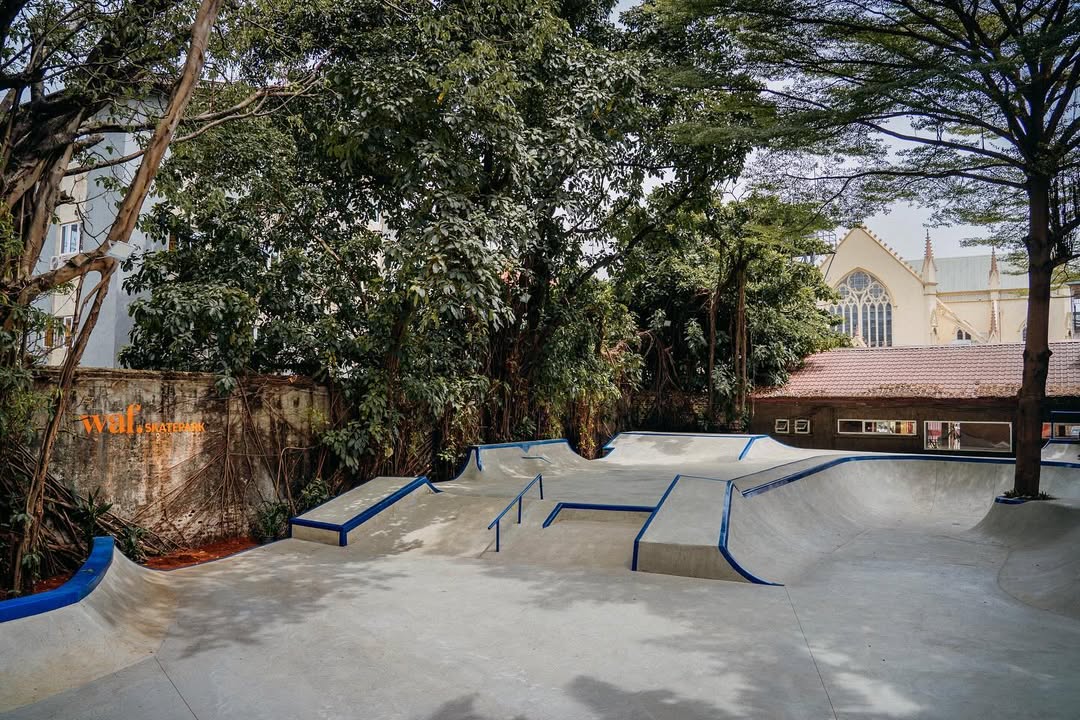
This skatepark, originally started as a DIY initiative, now symbolizes youth rebellion turned cultural renaissance. It’s where fashion photographers shoot edgy editorials, where music videos are filmed raw and real, and where streetwear brands find their aesthetic in motion.
But more importantly, it’s where kids from under-resourced neighborhoods find freedom, belonging, and purpose — with or without money in their pockets.
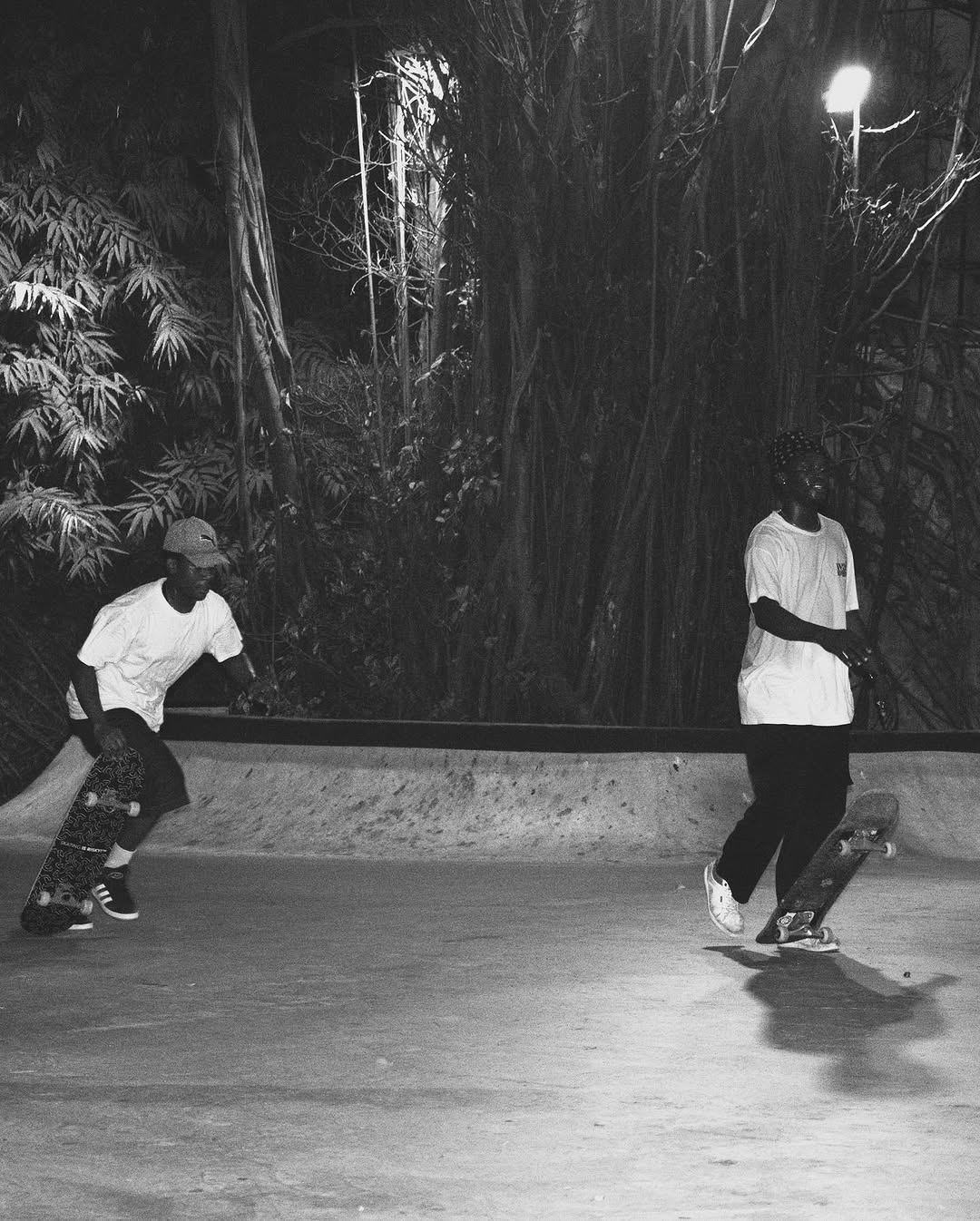
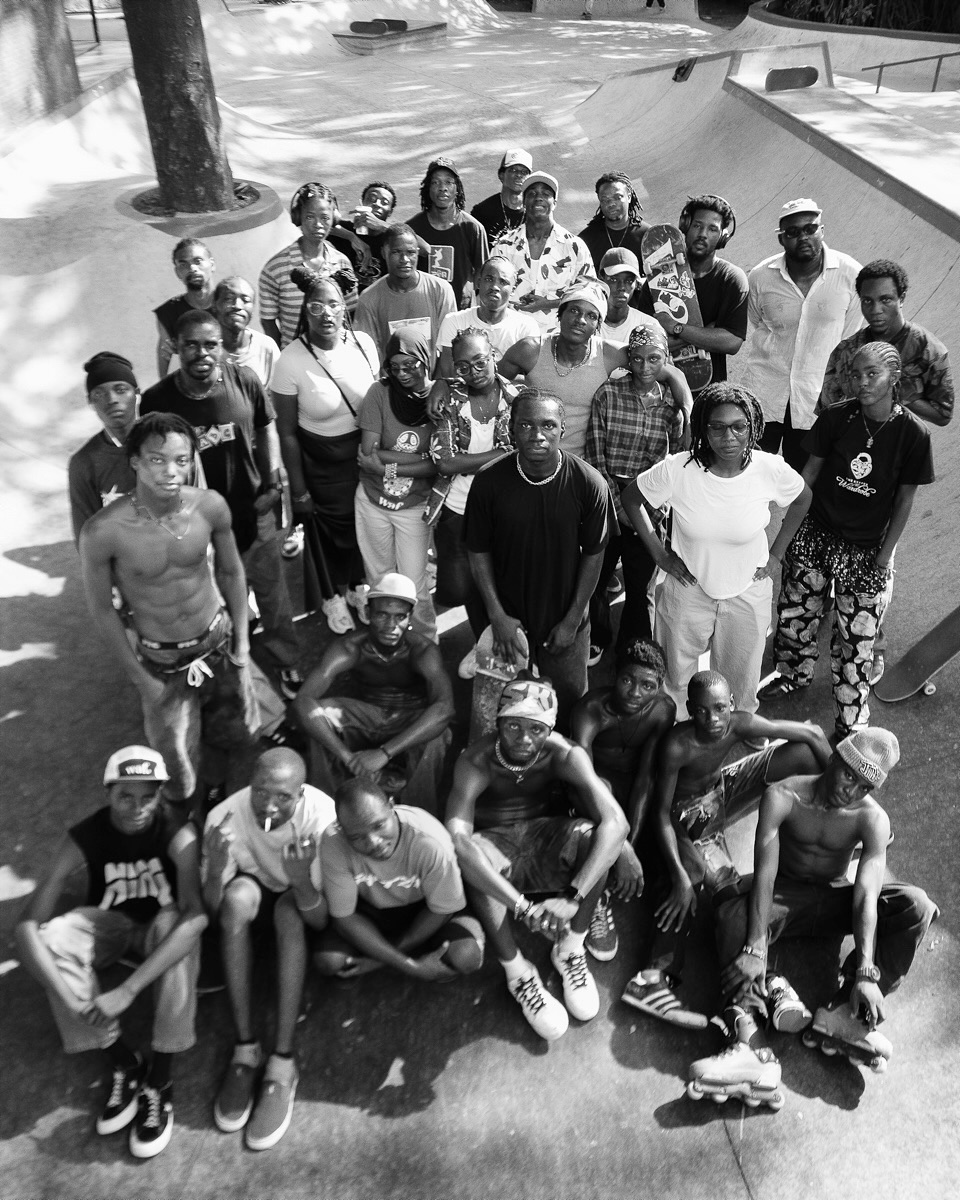
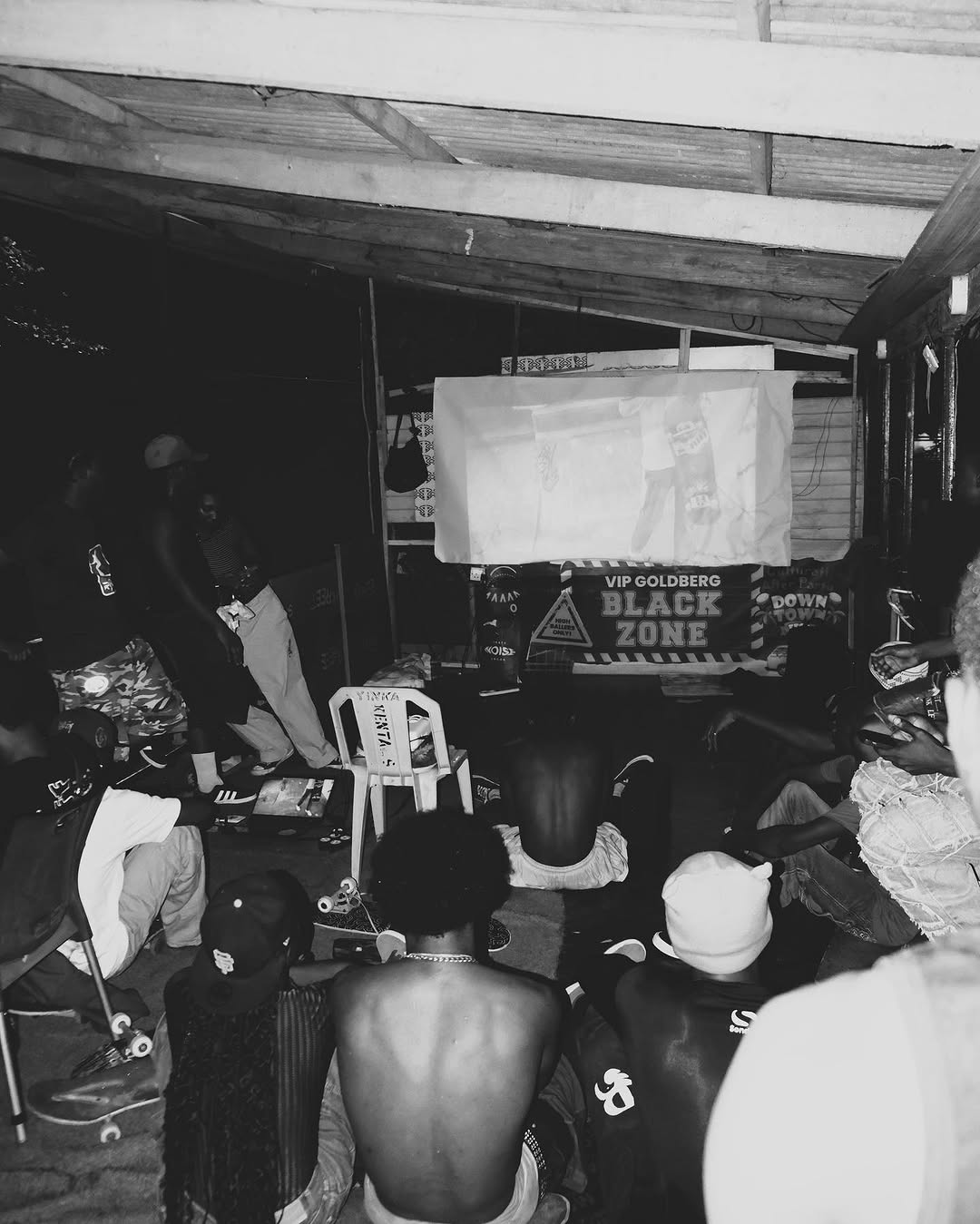
“Waf isn’t just about skating. It’s about giving us somewhere to breathe,” says Temi, a 19-year-old graffiti artist.
“This is where we make noise without a mic.”
The African Artists’ Foundation (AAF): Shaping Contemporary Art
Further into Lagos’s creative underground is The African Artists’ Foundation (AAF), an organization that has been instrumental in the growth of contemporary African art. AAF regularly hosts exhibitions, but it’s their community-driven art initiatives that have taken root in the city’s subculture.
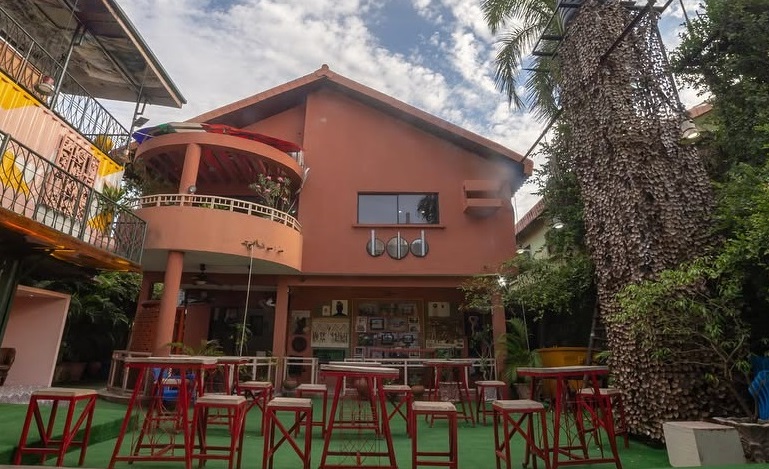
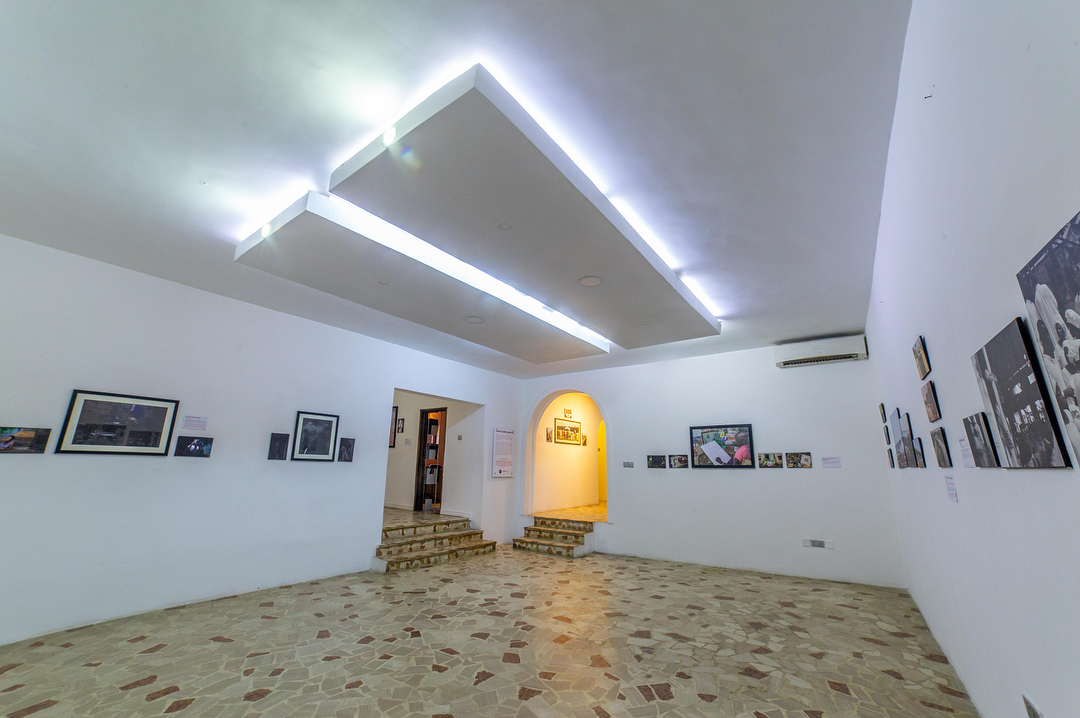
Young photographers and artists from across Africa come together at these collaborative workshops to create powerful works that reflect the realities of contemporary African life. These events are often held in unexpected spaces, such as the abandoned warehouse districts in Yaba, where artists are free to break from conventional art rules and explore new narratives.
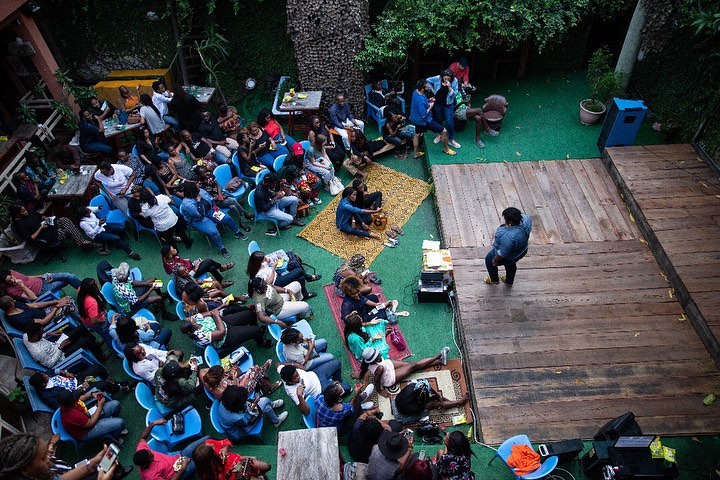
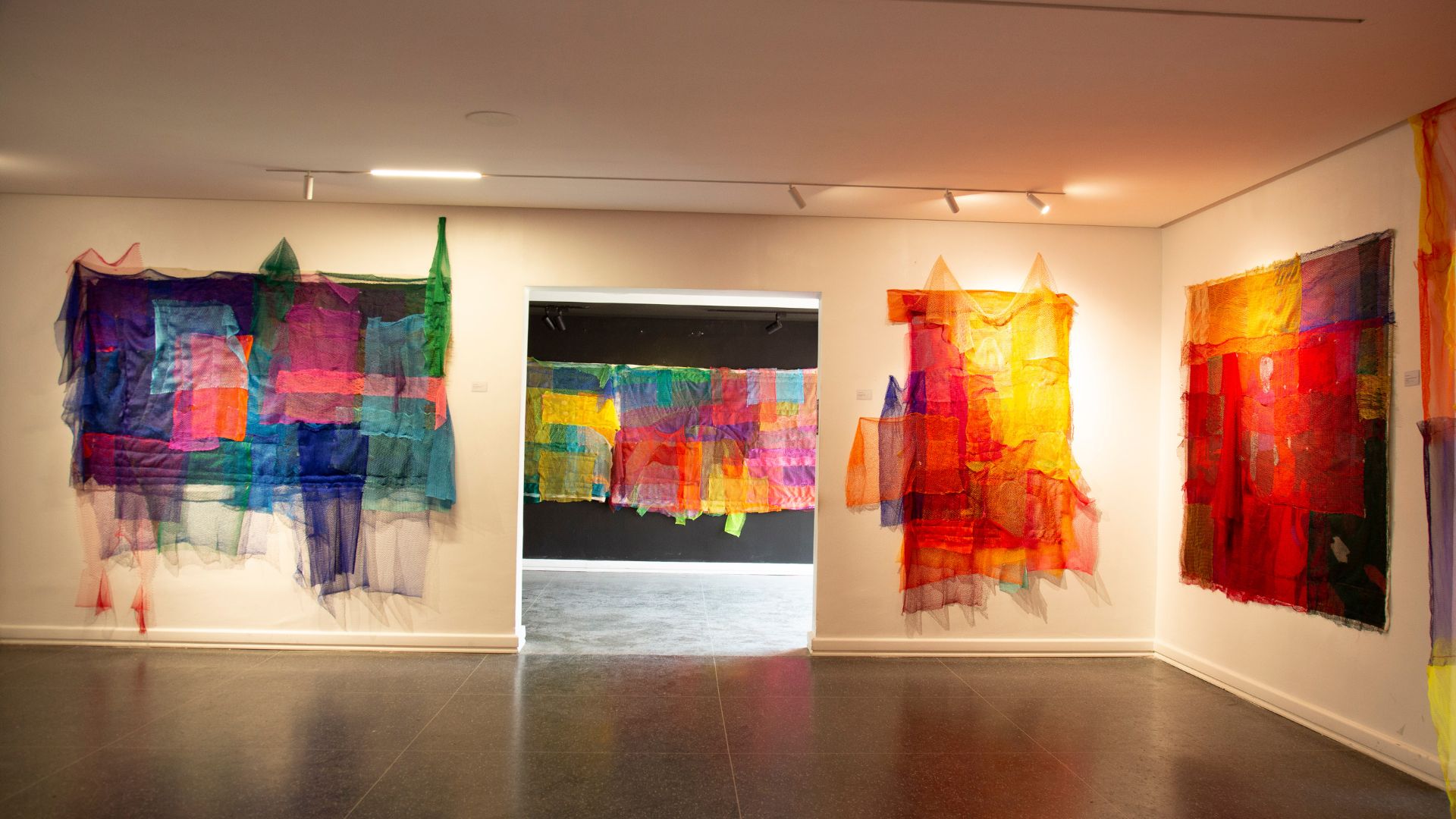
Art Twenty One — Legacy Gateway
Still tucked inside Eko Hotel, Art Twenty One has outgrown its “hotel gallery” tag. With over 700 square meters of polished floor space and a strategic position near Nigeria’s business and diplomatic elite, it’s become the bridge between Lagos’ creative underground and the global art world.
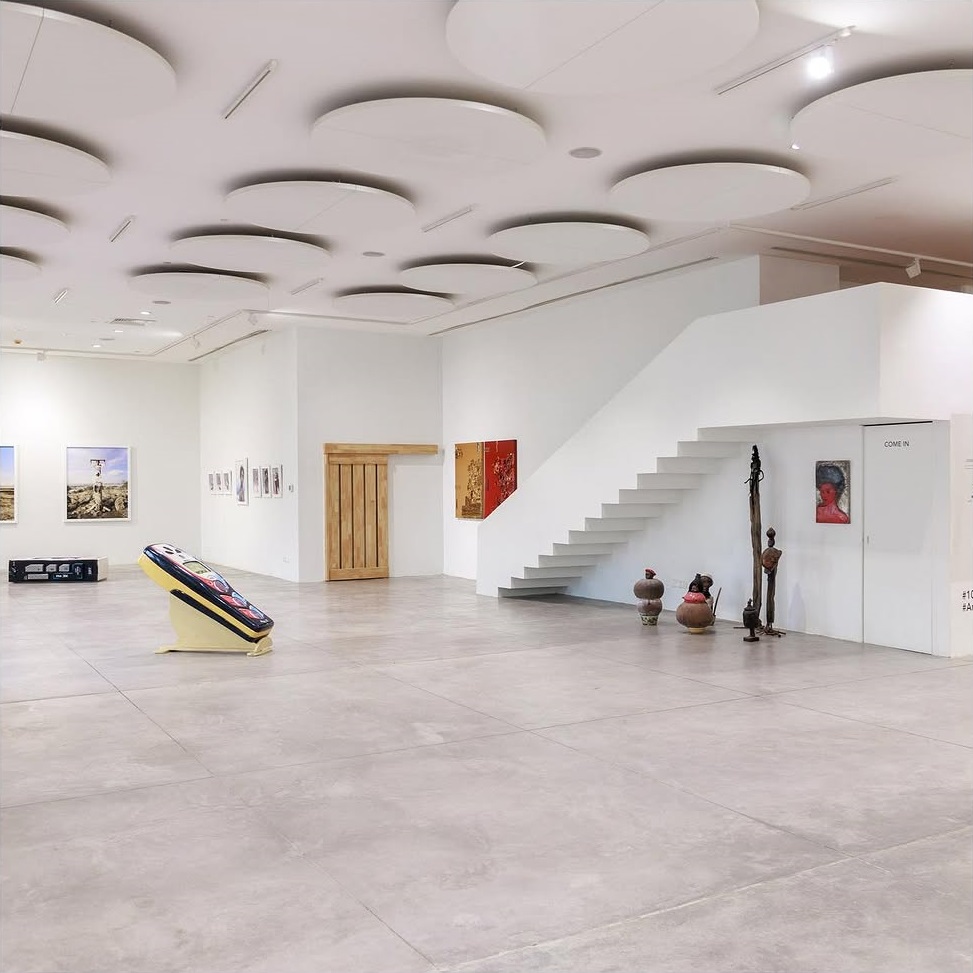
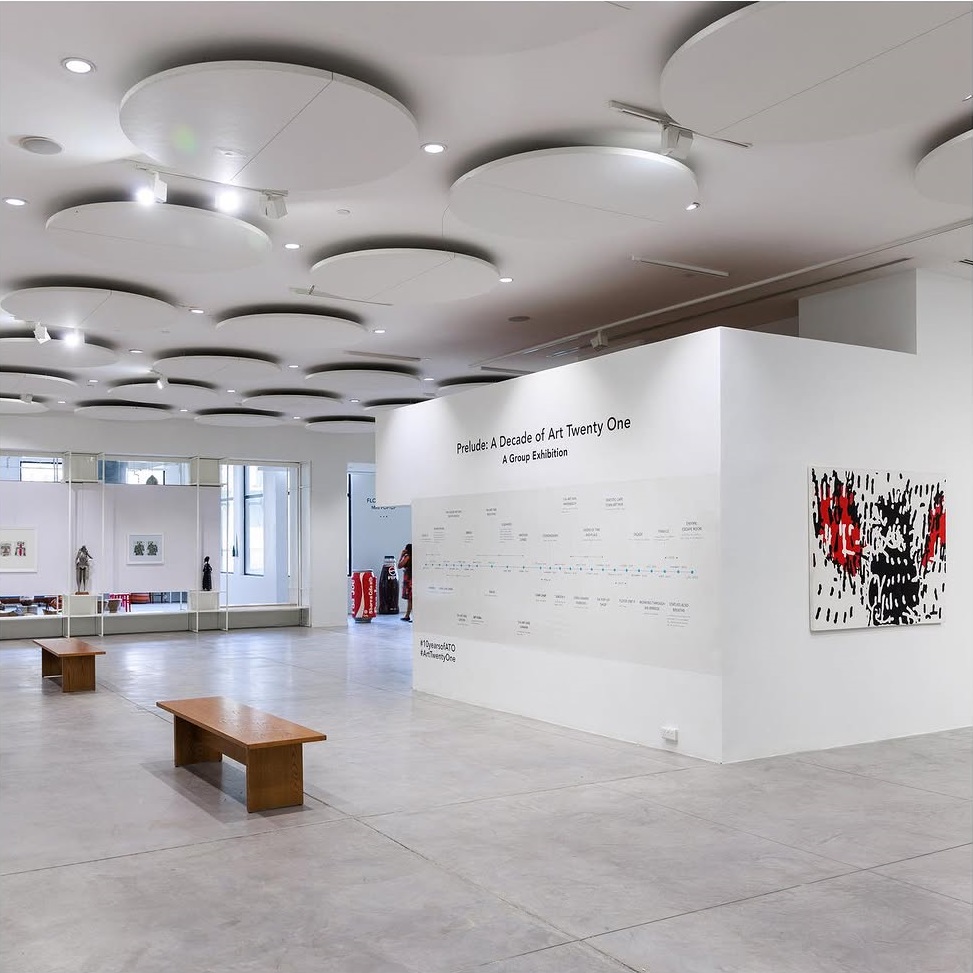
This isn’t just about white walls and perfect lighting. It’s about context. The exhibitions here are often backed by research, curated with academic partners, and aimed at positioning African artists in dialogue with global peers. Art Twenty One has hosted names like Victor Ehikhamenor and Uthman Wahaab, but it’s also introduced fresh visual voices to Lagos' top-tier collectors.
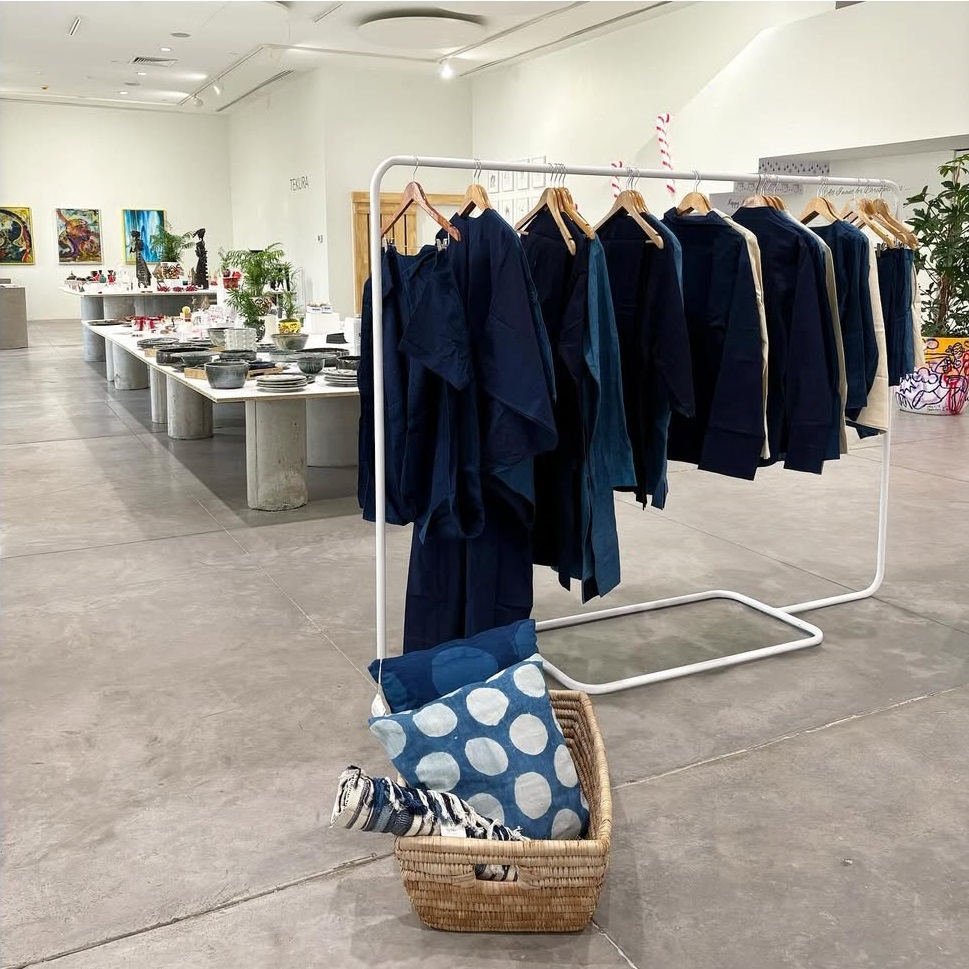
The numbers? Over 150,000 visitors across its lifespan. Features in Art Africa, Hyperallergic, and global art fairs. If you’re looking for a space that turns talent into capital, this is it.
The House Lagos — Bites, Beats, and Briefings
The House Lagos isn’t just a place to eat — it’s a creative clubhouse. Nestled on Victoria Island, it brings together a rotating cast of chefs, DJs, writers, photographers, and culture curators under one roof. The menu is fire, sure, but the real flavor is in the conversations, the collaborations, and spontaneous energy you only get when the food’s good and the playlist’s better.
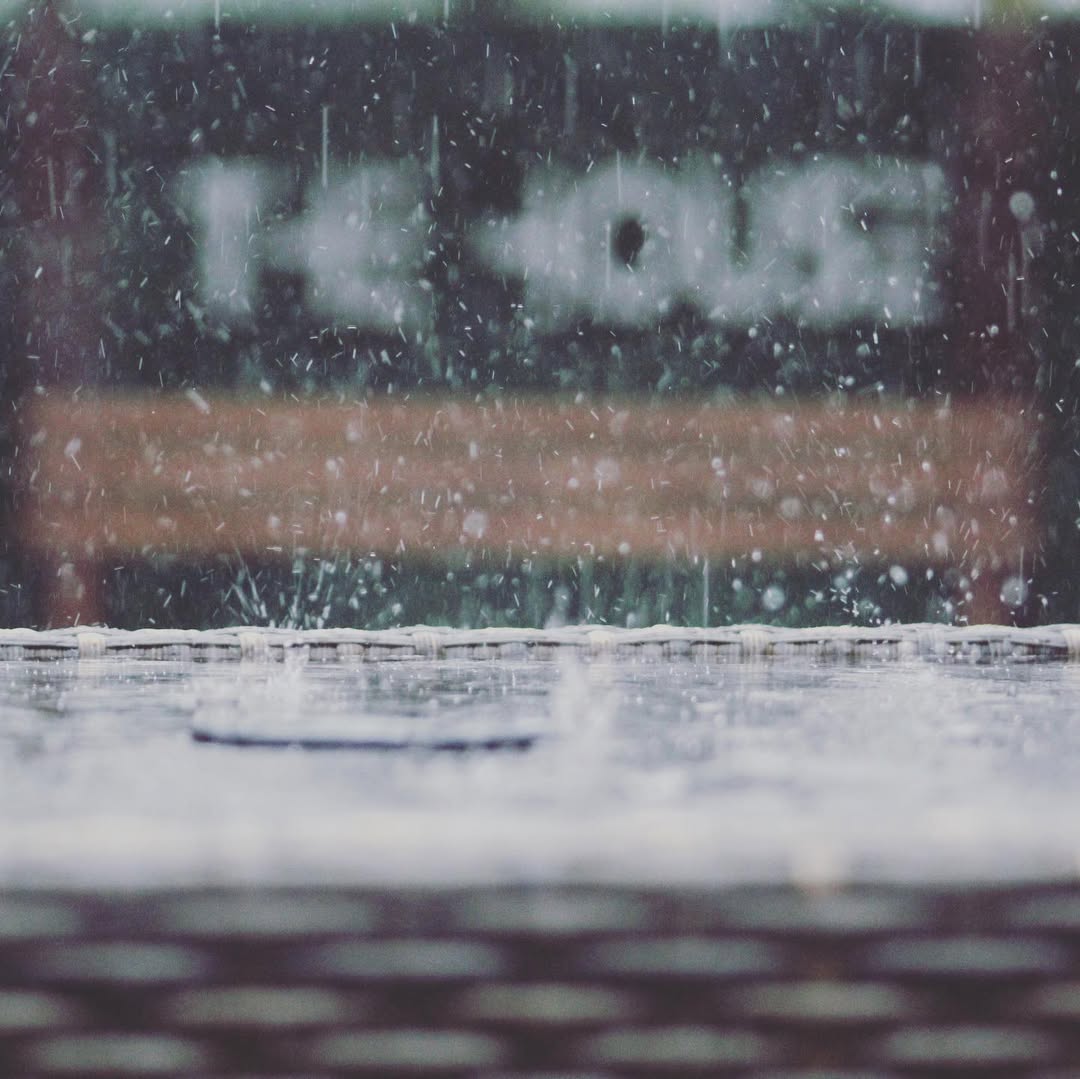
From music artists testing acoustic sets during open mic nights to food entrepreneurs soft-launching new menus, The House creates room for the unconventional. You’ll find creatives pitching projects over palm wine, stylists casting models between courses, and content creators filming everything from reels to docuseries in the golden-lit corners. For food artists, this isn’t just a venue — it’s a built-in audience, a content playground, and sometimes, a launchpad.
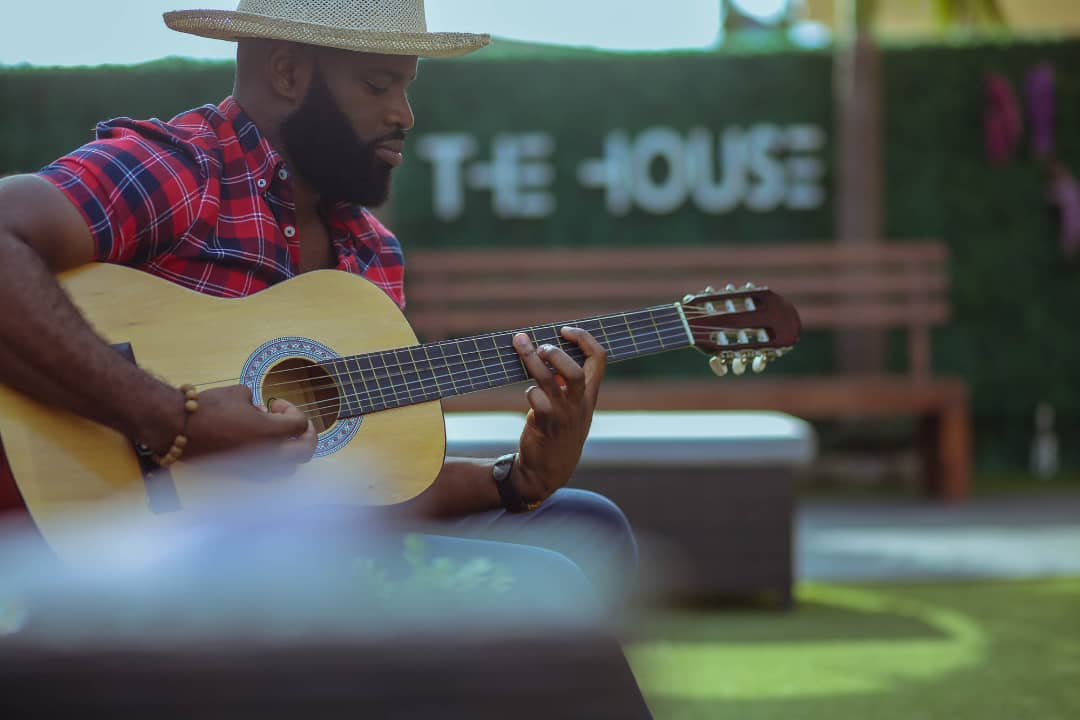
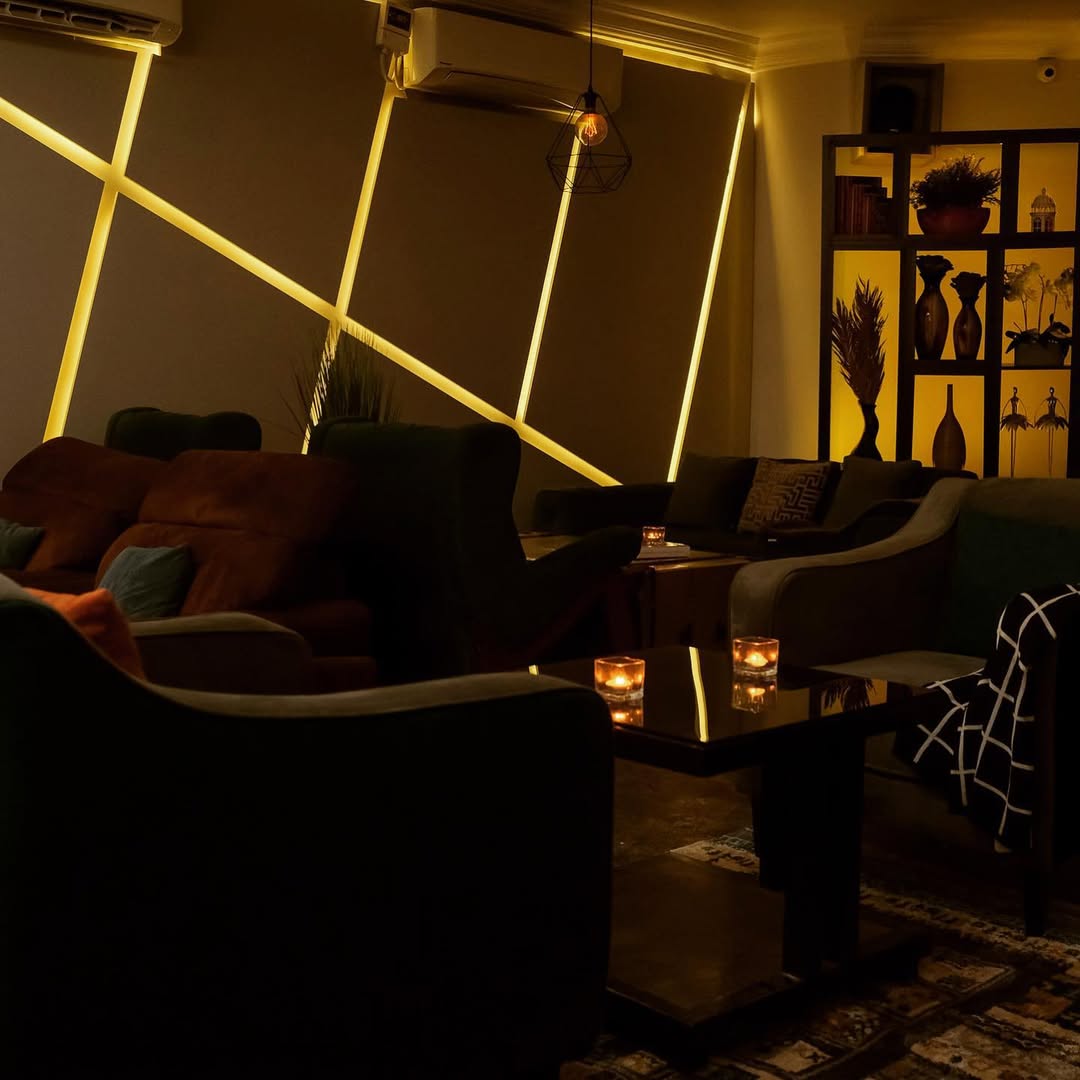
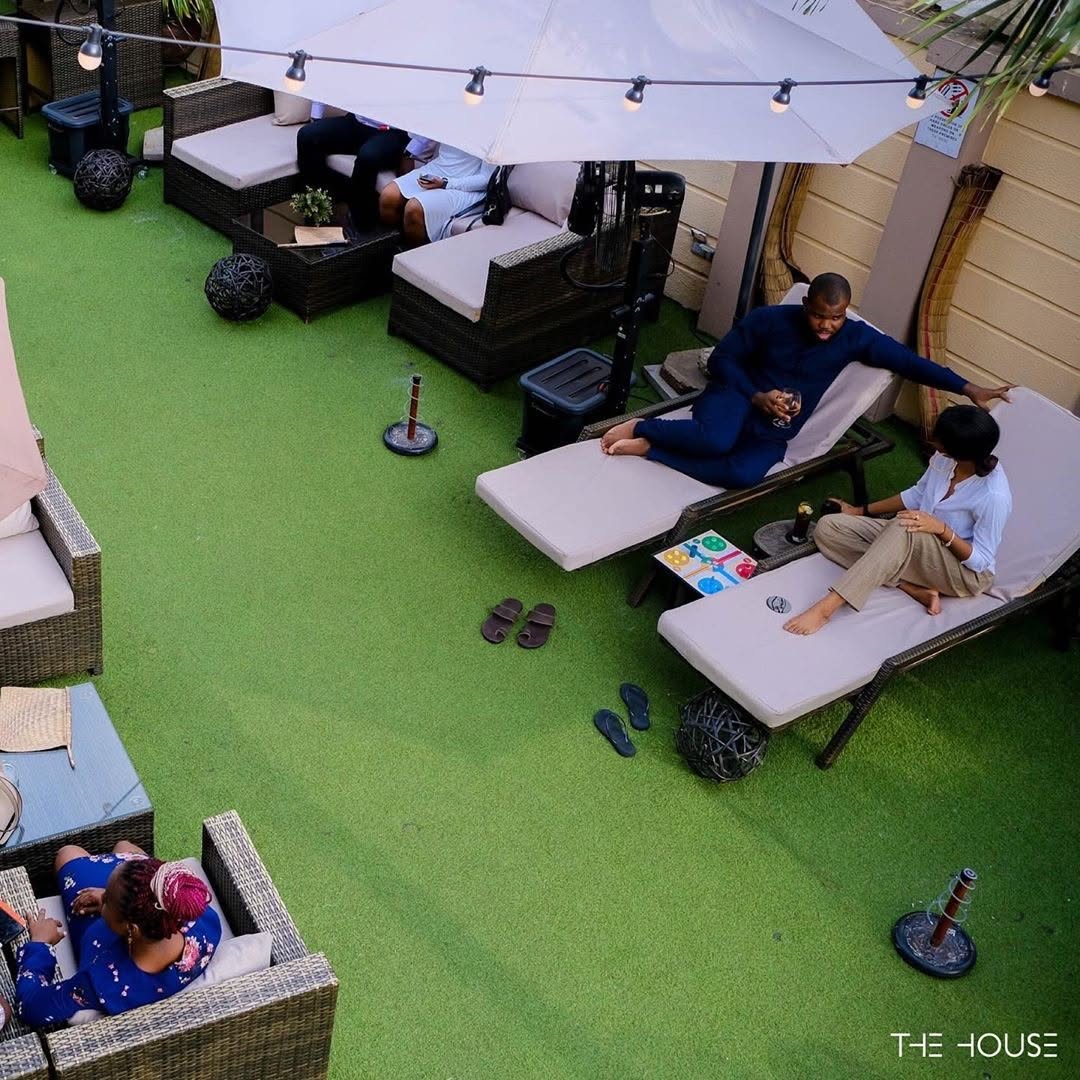
If you’re a young creative looking to merge performance, flavor, and cultural heat, this is where you go to be seen and heard — before the rest of the world catches on.
The New Wave: Creatives Owning Their Craft
As the demand for more inclusive spaces grows, Nigerian creators are becoming more confident in defining the future of culture on their own terms. Through these alternative art spaces, young artists are claiming their voice, taking ownership of their work, and creating opportunities that didn’t exist before. Whether it's in film, fashion, photography, or digital media, Lagos is rapidly becoming a global hub for innovation, talent, and cultural production.
Building Communities Around Creativity
But it’s not just about the creators — it’s about the community they build around them. These spaces are becoming sanctuaries where young Nigerians can connect, collaborate, and create, often breaking away from the traditional confines of institutionalized art. Film screenings are held in living rooms, art installations pop up in abandoned buildings, and fashion shows happen on the streets, blurring the lines between art, culture, and commerce.
Lagos: A Global Creative Hub
The growth of these creative havens in Lagos marks the beginning of a new era in Nigerian culture. It's an era driven by youth, self-expression, and independence, where the creativity of Lagos is no longer dictated by a few but is owned and shaped by those who live and breathe it.